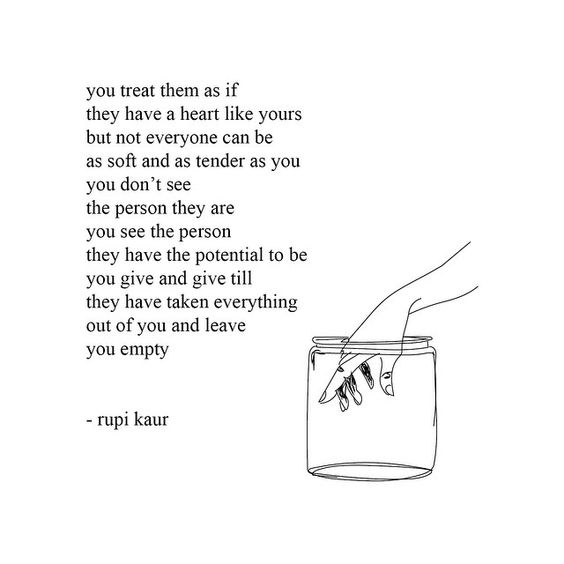how to write a majestic poem
Poetry is like singing instead of talking, drawing instead of writing.
Poetry is the description of our thoughts, the words we give our feelings. Poetry is playing with language, messing things up, and diverting expectations.
If you want to know how to write a poem, you first need to read a damn poem.
1. The best way to become better at writing poetry is by reading poetry.

You're not going to be a poetic sensation overnight. It takes discipline, and it takes research. You must read poetry. Read a lot of it. Find your favorites. Emulate what you like about them.
2. Outline and brainstorm what you want to write about
What is inspiring to you? Jot down a few words that come to mind. This step will give you a theme and create the spine of your poem.
3. Don't get too sentimental.
No one wants to read sappy love proclamations. Instead, come at your thoughts in a new way. How have your emotions surprised you? If the affection of your poem is forced, your reader will feel it too.
4. Imagery is your BFF
Five senses…describe feel, taste, smell, see, hear. Let your awareness guide your descriptions.
5. Use the metaphor
Instead of saying it feels like summer, say it is summer. Instead of saying it's almost as if he's a lobster, say HE IS a lobster…you get it.
https://giphy.com/gifs/C2ma9si...
6. Use concrete language
Avoid abstract words. These get lost and they are B O R I N G.
Abstract language is general, it’s broad, it says something, but nothing at all. It’s love and good. It’s a maybe and big.
I love abstract words, my old profile bio said "Sometimes, but never always." Clearly abstract words are fun, but strive to make language concrete in poetry. Your objective is to illustrate a feeling that only you have. Let us in. Give roundness and structure to your words. We will applaud your building acumen.
7. Don't let your poem sneak up on you. Make your theme deliberate.
When I sit down to write a poem, I usually don't know where it will end up. The words spill out, and I try to write them all down. Once I all my thoughts are out, I rearrange words and move things around. I add prose or subtract (some may call this editing?). This helps me sift through the poem and figure out what I'm trying to say. Everyone is free to do this step differently, but the important part is to land on a theme. WHAT ARE YOU TRYING TO COMMUNICATE?
8. We love subversion. It literally means to turn upside down. Let's turn the familiar on its head.
Surprise us with your comparison or your language. Do something unexpected odd, fun, spaceship?
https://giphy.com/gifs/C2ma9si...
9. Don't worry about rhyme, but notice rhythm.
Poetry is made for the ear. Listen, shhh…hear that? There is a beat to it. Play with sound.
Round sauna
Sauce simmers
Mince fleece
Pop pucker lucky
To achieve rhythm, use repetition, like-sounding words, and alliteration.
To force the reader into quick moments and pauses, use punctuation, and lines that break in-between natural pauses (also known as enjambment).
Read your poem out loud, notice the cadence.
10. Be fearless
Write what's inside
The best poetry is honest and raw; it's biting and immediate.
It stings and reverberates.
How can you bring your honest-self to the page?
11. Revise
Edit your poem. After writing, read it aloud. Take a break, walk away from it, and revisit it tomorrow. Take out the clunky bits, brighten up your prose. Shine that sucker. If you're still happy with it after a day or two, take a deep breath and consider it finished.
<iframe src="https://giphy.com/embed/hb2iY5..." width="480" height="347" frameBorder="0" class="giphy-embed" allowFullScreen></iframe><p><a href="https://giphy.com/gifs/hb2iY5p...">via GIPHY</a></p>
Ahh, that was fun, now it's time to write another poem!
